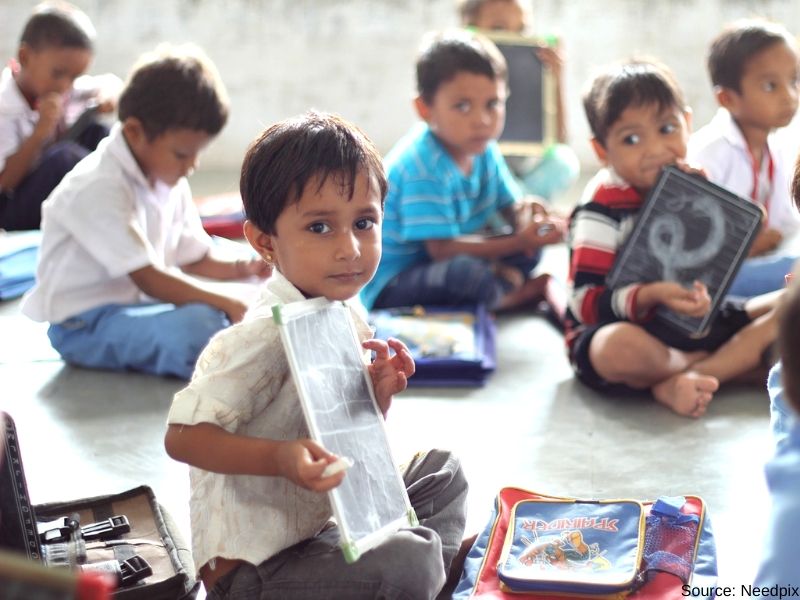Homeschooling vs Traditional Schooling: Which One is Better?

Education is the foundation of a successful and fulfilling life, and parents have the responsibility of ensuring their children receive the best education possible. In recent years, the debate between homeschooling and traditional schooling has been a hot topic. Homeschooling has grown in popularity due to its flexibility and customization, while traditional schooling remains a common choice, with its well-defined structure and social interaction. Both options have advantages and disadvantages that need to be considered before choosing the best approach for your child.

Advantages of Homeschooling
One of the main attractions of homeschooling is that parents have complete control over their child’s education. They can tailor the curriculum to the individual strengths and weaknesses of each child, allowing for a more personalized learning experience. Homeschooling is also very flexible, and the child’s schedule can be adapted to their interests and pace of learning.
Another advantage is safety. Homeschooling provides a secure learning environment, with no peer pressure or bullying. Children are also not exposed to negative influences that can be found in traditional schools, such as drugs and violence.
Lastly, homeschooling allows for more family time. Parents and children are able to enjoy quality time together while engaging in meaningful educational activities. Homeschooling can create lifelong memories for families, through shared field trips or activities.
Disadvantages of Homeschooling
Homeschooling also has its disadvantages. One of the major drawbacks is the lack of socialization opportunities. Homeschooled children may miss out on the chance to interact with peers, form friendships, and develop crucial social skills. This can be mitigated by joining a homeschooling cooperative or participating in extracurricular activities in the community.
Homeschooling can also be costly, as parents are responsible for the curriculum, materials, and resources needed. Parents must also be well-equipped to teach and provide guidance, which can be stressful and challenging.

Advantages of Traditional Schooling
Traditional schooling provides a structured environment that prepares children for the real world. Children learn to follow schedules, rules, and regulations, and develop discipline and time management skills. They also benefit from the opportunity to learn from a variety of qualified teachers and access to resources such as libraries and labs.
Traditional schools offer numerous extracurricular activities from sports to music, drama, and art. This provides a well-rounded experience that contributes to the development of leadership, teamwork, and social skills.
Additionally, traditional schooling is typically more affordable than homeschooling, as the cost of teaching materials and resources are shared among many students.
Disadvantages of Traditional Schooling
The rigidity of traditional schooling can limit the freedom of individual expression, creativity, and innovation. Students may feel stifled or suffocated within the confines of a traditional school system, which can lead to boredom, disengagement, and disinterest.
Furthermore, traditional schooling can be a source of stress for children, with the pressure to perform academically, meet expectations, and conform to social norms. The risk of bullying and negative peer pressure is also present in traditional schools, which can negatively impact a child’s self-esteem and mental health.
Whether homeschooling or traditional schooling is better depends on the unique needs and circumstances of each child and family. Both approaches have advantages and disadvantages that need to be weighed and considered before making a decision. Parents should assess their child’s learning style, educational goals, and social needs to determine the best fit. Ultimately, the primary goal of education is to provide children with the skills, knowledge, and experiences necessary for a successful and fulfilling life, and that can be achieved through either homeschooling or traditional schooling.
